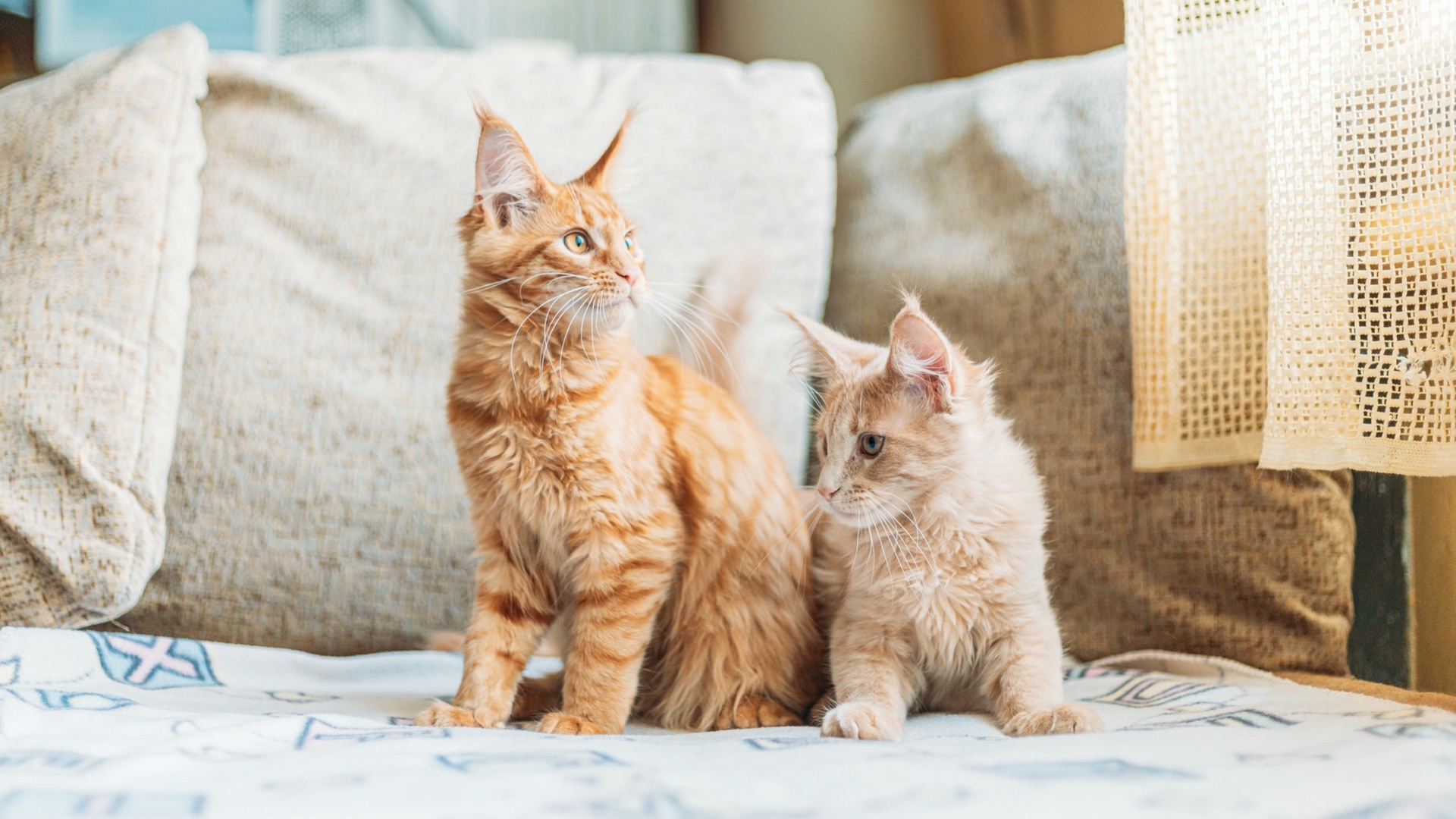A New Way Of Thinking About Cats:
Summary:
Cats are intelligent, sensitive animals who are completely dependent on their human caregivers. These qualities make them very trainable. In fact, cats have been trained to do certain "tricks" in television commercials and movies. Cats are trained to help the hearing impaired by responding to smoke alarms, doorbells, and telephones. I know of a blind person who is using a cat as a guide in her home. The cat meows a warning just before the person is about to bump into something. Cats can even be taught to use the toilet. Now, if we could only get them to flush it!


It has long been thought that cats are independent and untrainable. Some people believe that cats are sneaky and untrustworthy. Actually, they are neither! They are just cats acting like cats.
Cats are intelligent, sensitive animals utterly dependent on their human caregivers. These qualities make them very trainable. In fact, cats have been trained to do certain “tricks” in television commercials and movies. Cats are trained to help the hearing impaired by responding to smoke alarms, doorbells, and telephones. I know of a blind person using a cat as a guide in her home. The cat meows a warning before the person is about to bump into something. Cats can even be taught to use the toilet. Now, if we could only get them to flush it!
The cat’s popularity in the United States has surpassed that of dogs. There are good reasons for this. They are good friends and companions. They feel good to the touch, greet us upon arriving, and demand a minimum of attention. Working people find cats easier to leave at home because, when left alone, they exhibit fewer behavior problems than dogs.
A hallmark of feline behavior is independence and individuality. That is one reason we like cats. They are very much like us! Also, like us, they can be taught to behave according to our wishes. They have particular innate needs such as scratching, jumping onto high places, toilet cleanliness, play, exercise, cuddling, and being included in conversations. As stewards of these pets, we must accept these needs and provide for their expression. It does not make sense to spank a cat for scratching the furniture. A cat needs to scratch. Therefore, it is our responsibility to provide an appropriate place to scratch and take some time for kitty education.
Cats are creatures of territorial security. Changes in their environment result in behavior problems. For example, a cat that consistently uses her litter box may cease to do so while the house is being remodeled or painted. An outgoing cat may become shy and hide upon introducing a new pet or person to the home. Most problems caused by environmental changes are self-correcting after a time.
Many cat misbehavior problems are medically related. You must be prepared to consult a veterinarian if your cat suddenly stops using the litter box, runs and hides at the slightest bit of confusion, appears sullen or without energy, or uncharacteristically becomes aggressive.
A cat’s character is primarily a result of her breeding and early environmental experiences. A cat’s personality is partly reflective of ours. For example, if I have a quiet, easy-going manner, my cat will too. My cat will reflect that behavior if I am rowdy, busy, and highly expressive. Like children, our cats are a reflection of ourselves. Many of our behavior problems with our cats are really within us. For example, to scold a cat for bringing a mouse into the house is really our own reaction to fear or disgust. To the cat, it is a perfectly natural act. She is a predator. She feels most comfortable returning the prey to her den. She can share it with us without worrying about other predators taking it away.
As a guardian, protector, and friend of an adopted cat, you must accept and understand your cat’s needs. You must accept the responsibility of teaching your cat and realize that most behavior problems are either medically related or the result of your ineptness! We inadvertently teach a cat terrible behavior. Why does a cat sit at the refrigerator and cry? She has learned that behavior because she is reinforced with food after opening the fridge. Food is a good reinforcer of behavior.
The new way to think about cats is to eliminate all forms of punishment. Punishment in the form of hitting, screaming, or chasing increases a cat’s stress and will likely result in more misbehavior. Punishment after an act has occurred has no meaning to a cat. For example, greeting a cat upon entering the house by rubbing her nose in the mess we have just found teaches her to associate this punishment with our return rather than with the mess. Maybe this is why cats appear independent and aloof. They are afraid of what a human is capable of doing to them!
The new way to think about cats is to reward a cat for doing the right thing. Show a cat what to do, tell her what you want, take her where you want her to be, and expect her to understand. Then, when the right behavior occurs, whether it is because you have encouraged it or the cat inadvertently did it, praise her by saying, “GOOD KITTY!” and follow this with a coveted food treat. The keys to training a cat are praise and reward. Bonding will occur with this method, and your cat will not misbehave because a special love and trust will have been established.

